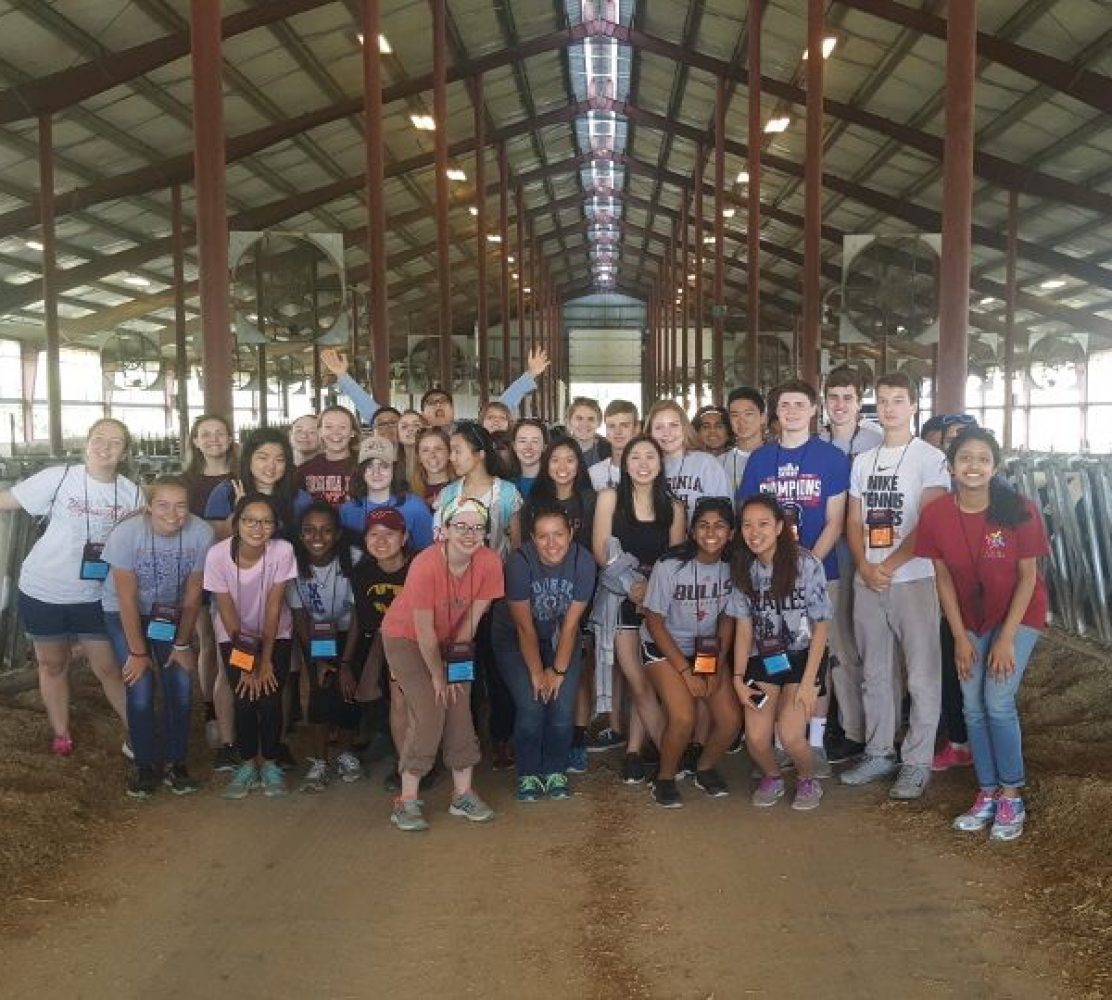I imagined Governor’s School would be an opportunity to learn how organic farming is the future of agriculture. At home, my teachers always advised me to go Organic to benefit our health, so my family did. We drank overpriced organic milk and ate Non-Genetically Modified (Non-GM) corn from Giant. I hoped that my research project would relate to how beneficial Non-GM food is to food health. Let’s just say that I was quite surprised when my prompt asked whether GM crops are a solution to promote global food security and alleviate hunger.
My group wanted to write on how GM was better than non-GM, which made me question the accuracy of my original viewpoint. When I used to purchase non-GM food, I believed that because non-GM food was more expensive, it was higher quality than cheaper GM foods. However, this is simply not the case; the reason why non-GMO foods are more expensive is that there are higher expenses associated with producing organic crops. Another misconception I believed is that GM crops are not as nutritious because they are artificially created. Again, this is not true. Certain GM crops are actually engineered to contain more nutritious benefits. For example, golden rice is a GM crop developed to have high concentrations of provitamin A which can reduce deficiencies of vitamin A in Asian and African communities that often lack this essential nutrient.
Many people tend to stay away from GM foods due to the media. Unfortunately, the media is not educated enough to give the public the whole unbiased truth about GM crops. That is why it is important for us to read scholarly articles in order to get the most informative lense on our food.
-sv
